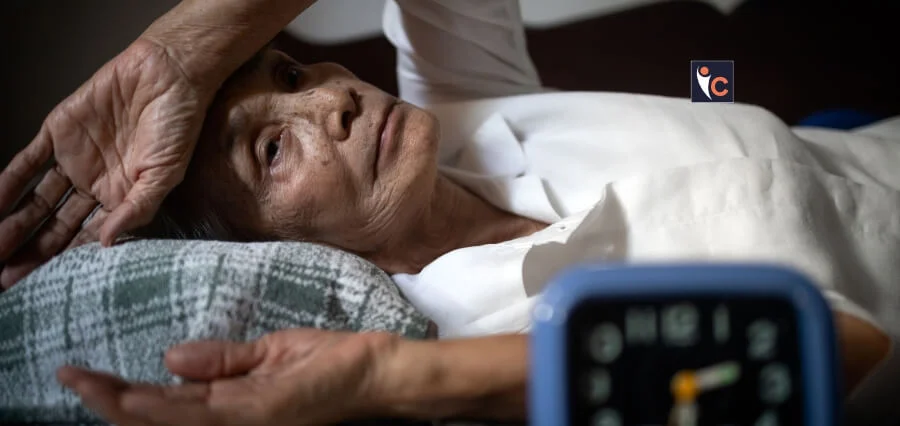THE BEAUTIFUL BIOLOGY OF HUMAN BONDING
Hello everyone! It's been so many months since I've posted here, and my sincere apologies for keeping my wonderful readers on wait for so long! Had my exams going on, but now I'm finally done with all the exams and yes, finally free and back again!
Human bonding - good topic to resume with, right? I hope this post interests you all :)
Whether you decide to actually meet your loved ones after a long time, stay in for a night of Netflix with your friends, or just simply call your bestie to have that silly gossip or tell everything that happened in your life recently - all these are just beautiful opportunities to appreciate the bonds and love we have for each other as fellow Homo sapiens.
The bonds we form over the course of our lives, however, just don't begin with us - human bonding is as old as humanity itself. A psychology professor once quoted - "We're social animals because we need other people to survive" and I think this statement perfectly makes sense. It is not just happiness that pushes us to form bonds - its our amazing biology! Individual life starts in utero, living in relation to its mother.
Have you heard of 'praire voles'? If you've not heard of them, its okay - they are small, mouse-like rodents which live in prairies and ungrazed pastures of the Midwest. These praire voles are monogamous - a trait that is shared by these voles and humans, but is actually rare among mammals. By comparing monogamous voles of other species, it has been able to not only observe the different behaviors in the wild but also delve deeper in the lab and observe which genes are active in each case, how different parts of the brain are affected, and what that means for different bondings with different people.
Neuroscientists have found that receptors in the brain for oxytocin and vasopressin are found in greater abundance in the reward centers of monogamous voles. These peptides - oxytocin, in particular, are released during social interaction. Putting receptors for this peptide in the reward circuitry is a way of forming an attachment, I guess? Maybe it's a way of developing that close feeling, that happiness, for the special people of our lives?
The infant brain is very different from the mature adult brain - it is not fully formed. Infants are completely dependent on their caregivers - whether they get enough to eat with the right kind of nutrients, whether they are kept warm enough, whether they're hugged enough and get enough social attention - and all this is what shapes an infant's brain. A biological process in the mother's brain might actually be linked to the behavior that gives a child the social input that will help him/her wire their brain normally. Basically, what I mean is, parents' ability to keep their infants cared for leads to optimal brain development, which ultimately, results in better productivity and adult health, over the years.
A functional MRI (fMRI) and PET were used by researchers simultaneously to analyze the behaviors behind human bonds. fMRI looks at the brain in slices, front to back, like a loaf of bread, and tracks blood flow to its various parts - this is especially useful in revealing which neurons are firing frequently as well as how different regions of the brain connect in networks. PET uses a tracer (basically it's a small amount of a radioactive chemical + dye) which is injected into the bloodstream along with a camera and a computer to produce multidimensional images to show the distribution of specific neurotransmitters, such as opioids or dopamine.
Social affiliation is a potent stimulator of dopamine. Caring for others, not just receiving caring, may have the ability to increase your dopamine levels. People's future health - both mental and physical, is affected by the kind of care they receive when they are babies.
What are your thoughts on this? Do let me know your thoughts, views and opinions on the same in the comments :)
https://issuu.com/br-nd/docs/happy-chemicals





Comments
Post a Comment